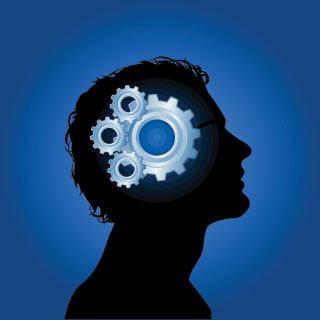In my previous blog post regarding free will (Time Magazine Article), I provided a PDF of the article that I have quoted many times from stage. If you haven’t seen it please do click on the link above to go to that post. Of course, this article did caused a little stir and there have been many questions. Let me see if I can help.
To summarize, the research shows that we don’t have the free will that we thought we did. In other words, “conscious” free will. Let me expand on what that means.
Philosophers of old would discuss the idea of free will and that we as “enlightened” beings have the ability to make decisions and that we are able to change our mind at will. That much I do believe is true.
However, why is it that a smoker who wants to quit, and is clear that smoking is unhealthy, is unable to quit? This is the example that I use in our NLP trainings all the time. You see a study by Pfizer showed that 80% of smokers want to quit! Well….. if we have “conscious” free will, it would work like this: “Hi, I am Mr. Smoker, and now I quit.” Smoking is done, discussion over, and I would have to find a new career because the trainings I conduct would not be necessary!
The researchers asked a valuable question! Why do we overeat while saying we shouldn’t? Why do we smoke when claiming we want to quit? Why do we continue in the job we hate when we are so desperate to get out? And the list goes on…
The answer is simple; our unconscious mind (or subconscious) is responsible for our learning, behavior and change. This concept comes from cognitive psychology. In other words, we are driven by our unconscious and the conscious mind is roughly 5% to 10% of who we are. That is it! Only 5%- 10% of our overall consciousness is the conscious mind.
We have been taught for approximately 400 years now that our conscious minds are all powerful; however, we are finding that is not the case.
Now, this is bad news for people who know nothing about the true nature of who they are. If you don’t know about your unconscious mind and you don’t understand the relationship between the minds (including your higher conscious mind), you then could be seen as having no “free will.”
As I explain in my classes, we do have free will. And, free will is achieved when you are working with your consciousness as a whole to create your goal and direction. So having made personal changes at the unconscious level, I am able to consciously skip the apple pie a la mode at dinner (as a I did last night). I have that free will because I have made the changes at the conscious, unconscious and higher conscious levels.
You can continue to believe what you want about free will, and the next time you are saying you shouldn’t be doing something while you are in the middle of doing it, ask yourself, “Where is that free will I thought I had!”
(If you enjoy this blog and/or blog post, help me by sharing it on your Facebook, Twitter or other accounts! It is one click away below.)
Mahalo, Matt James
__________
Matthew B. James, MA, PhD, President of The Empowerment Partnership. For training schedule and more info go to NLP.com & Huna.com.




